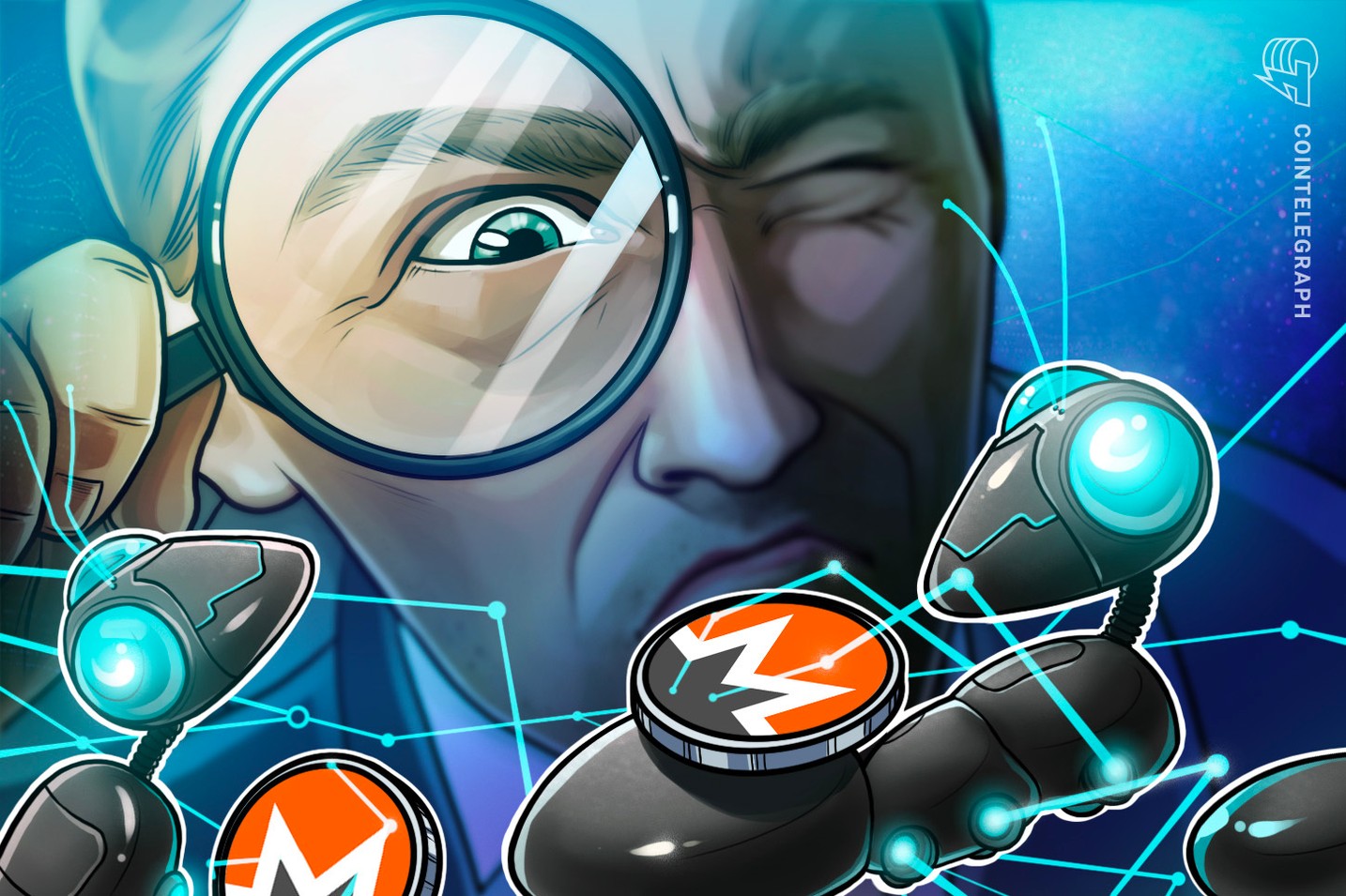(Headline aticle below) I looked into this after seeing some messages in my Monero node log file (below), as it seems an interesting time for the project. This report labels this whole affair as a publicity stunt for this QUBIC mining pool and the token they manage, and it would seem to show that miners left the pool once this attack came to light, and why they’ve dropped places. Given the privacy nature of Monero and that many nations are outlawing it, there could be more to the story. Consequently, Monero is a privacy focused cryptocurrency which has become the preferred cryptocurrency for darknet markets. Currently, a transaction is setup to show sixteen target addresses, thus hiding the real target address and amount to limit tracking, with plans to increase this number to I believe a hundred addresses to make it even more difficult. And it is a fact it grants much more privacy than Bitcoin, as well as prioritizing the code for GPU mining to prevent the ASIC chip miners that have taken over Bitcoin. It’s an important project, and with many alternative cryptocurrencies, technology once proven can always be utilized in Bitcoin later to add further capabilities. Also, Monero users have almost a cult like view of the project, while also demonizing Bitcoin and advocating that it has been captured by corporate interests. So it remains one of the more interesting alternatives to Bitcoin worth keeping an eye on, which is also a great way to anonymously pay for VPN and VPS services.

https://cointelegraph.com/news/monero-economic-attack-saw-strong-community-response
Monero is facing a controversial, economically powered hashrate takeover attempt by Qubic, a mining pool and crypto network led by Iota co-founder Sergey Ivancheglo.

Privacy-focused Monero is facing what appears to be an attempted network takeover by former top mining pool Qubic, prompting community backlash and concerns over hashrate centralization.
As of Monday, Qubic had fallen from the top spot on the Monero
$232.36 mining pool rankings to seventh, according to MiningPoolStats data. After the community noticed the pool looked to be openly performing a network takeover, the pool’s hashrate plummeted until it fell into its current position as the seventh-largest XMR mining pool.
In a June 30 blog post, Qubic revealed that it had begun incentivizing Monero CPU mining via its own network. The mined XMR would then be used to fund buybacks and token burns for the Qubic ecosystem. “QUBIC miners now perform real-world tasks (Monero mining) that generate real market value, which in turn strengthens the QUBIC economy,” the post stated.
Sergey Ivancheglo, founder of crypto projects Qubic, NXT and Iota, has admitted that his Qubic network was staging a takeover of the Monero network. In a recent X post, he said that after getting control of most of the network’s hashrate, Qubic would reject the blocks mined by other pools.
This would lead to XMR mining becoming only profitable, or even effective, on the Qubic pool. Still, given the pool’s falling hashrate, that danger may be declining.
The covert operation phase
In a Monday X post, Ivancheglo suggested that from “next Wednesday,” the Qubic mining pool will stop reporting its hashrate — a measure previously expected to be implemented after the pool took control of most of the hashrate. This would make it much harder to determine how much of Monero’s hashrate is controlled by Qubic or to assess the danger it posed to the network.
In his post, Ivancheglo claimed that he was trying to find a countermeasure to the very attack that he is orchestrating. He said that it was important to the cryptocurrency industry “because one day we all may face a non-benevolent attack.”
Monero community did not appreciate the move
Ivancheglo said in a separate X post that comments discussing his presumed location in Belarus had circulated on the Monero subreddit. “I hope the head bounty won’t be collected in $XMR to avoid creating incentive to drop its price to 0,” he said. One comment made what appeared to be a thinly veiled threat to Ivancheglo:
“Do we have friends in Belarus?“
Monero is a so-called anoncoin, known for its privacy-first feature set and strong focus on anonymity. Over the years, it has become particularly popular as the currency used to pay for illegal goods and services on the so-called deep web, being accepted exclusively by nearly half of the black markets.
Dan Dadybayo, an analyst at Unstoppable Wallet, explained that with 51% of the hashrate, Qubic could orphan blocks, reject transactions, delay confirmations, suppress competition and force protocol changes. He pointed out that Ivancheglo already suggested that starting Saturday, Monero users should anticipate orphaned blocks and only accept transactions after 13 confirmations.
Dadybayo added that, while Qubic claims to have no intention to hurt Monero, “intent doesn’t matter.” He said centralization equals risk, and censorship potential is damaging to the network, concluding that incentives are a new attack vector:
“This is no longer about exploits. It’s about capital,“ he said.